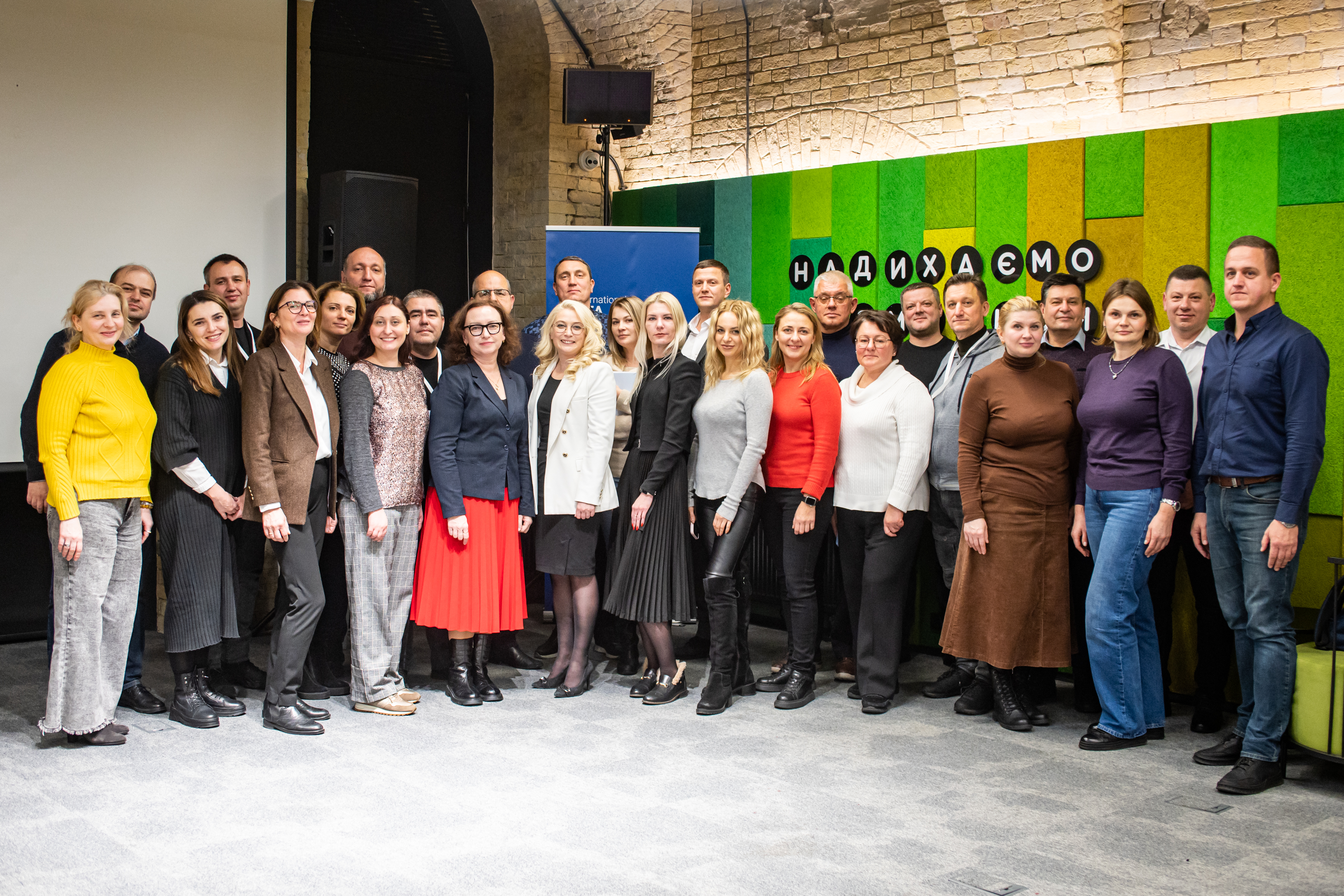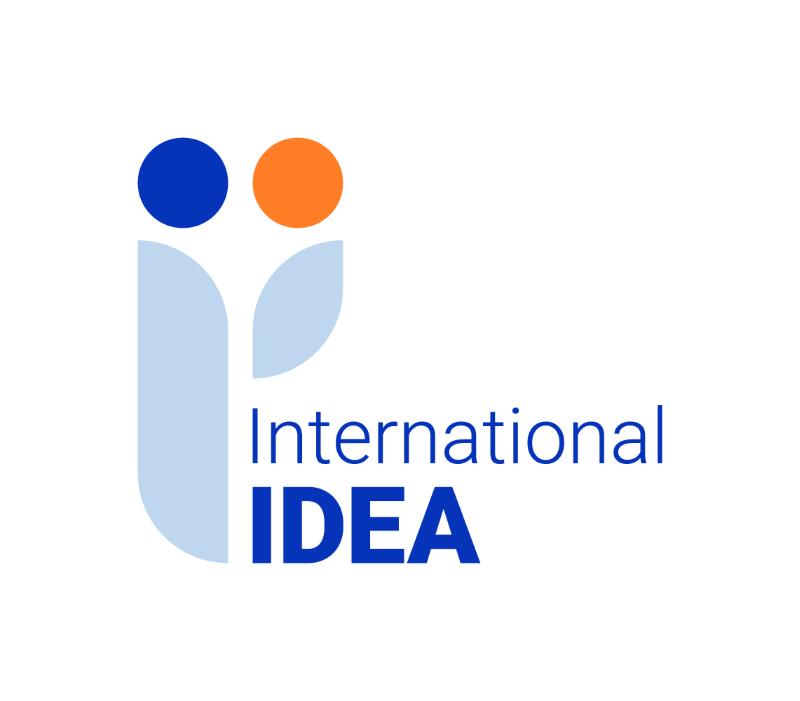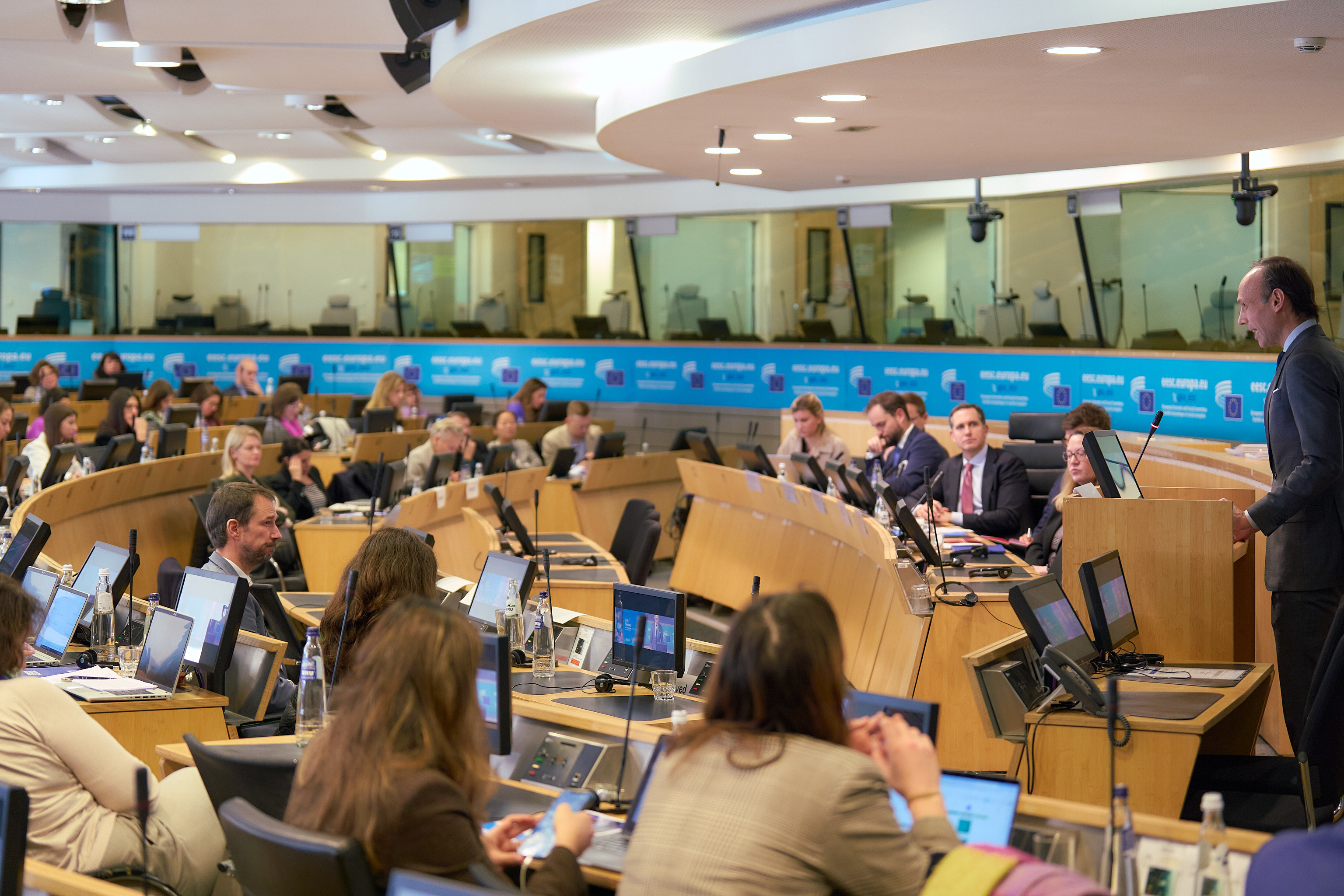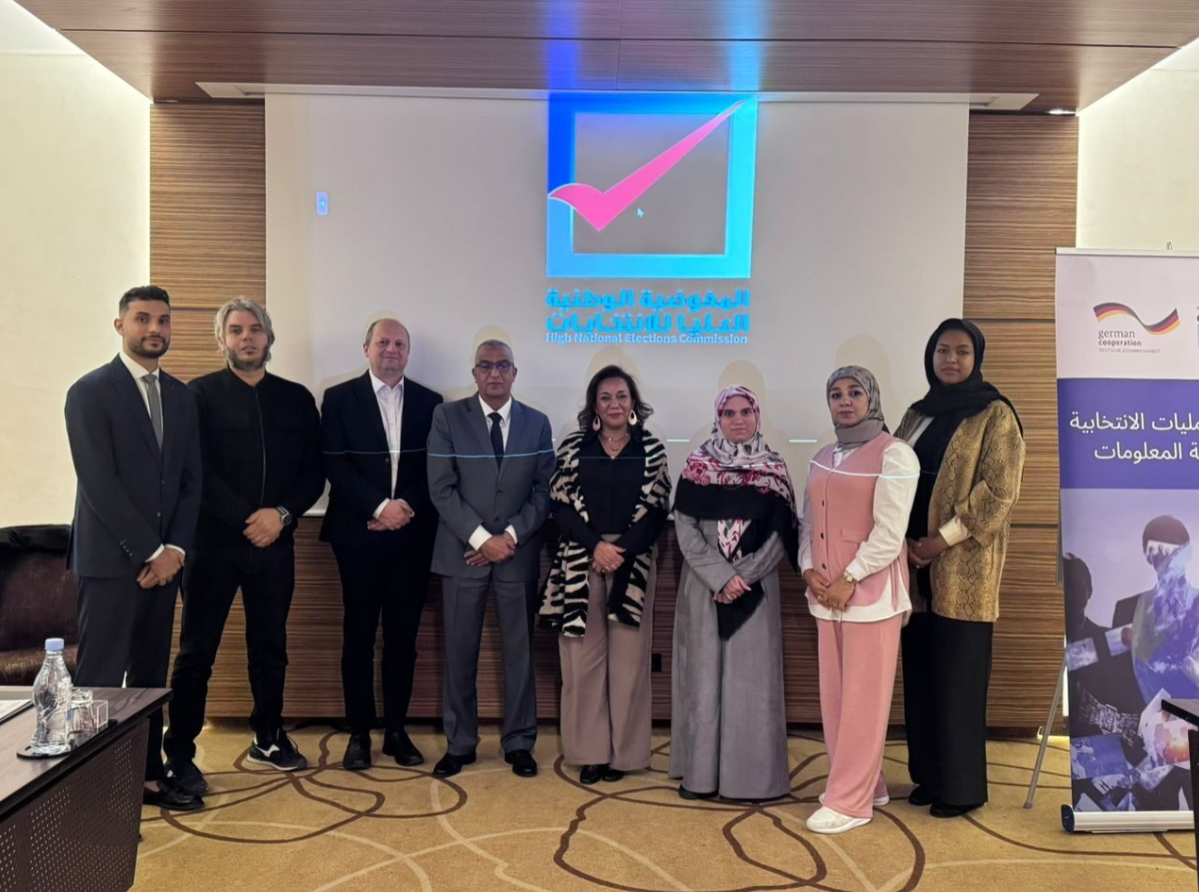Announcing the winner of the 2015 annual IDEA/Electoral Integrity Project award for the best graduate student paper on electoral integrity
In September 2014 International IDEA and the Electoral Integrity Project (EIP; Harvard University & University of Sydney), the two sponsors, invited submissions for the second electoral integrity graduate student essay competition. The International IDEA/EIP Award is presented to the author of the best graduate student paper submitted for consideration on the theme of strategic interventions to strengthen electoral integrity. The winner was selected on the basis of the paper’s potential significance—both theoretical and policymaking—to the study of some aspect of the election cycle.
The 2015 award is given to “Disputed Elections in Presidential Democracies: Challenging Electoral Outcomes as a Negotiation Strategy” by Victor Hernández-Huerta (University of Notre Dame). The Award Committee consisted of Annette Fath-Lihic (International IDEA), Ferran Martínez I Coma (University of Sydney), and Alessandro Nai (University of Geneva / University of Sydney).
The award committee thought that this paper represented a significant contribution to scholarship’s understanding of electoral integrity in elections in authoritarian states.
Victor Hernández-Huerta is a Ph.D. candidate of Political Science at the University of Notre Dame. His research focuses on institutions, elections and electoral justice, with a regional specialization on Latin America. He currently focuses on post-election disputes in democracies. His dissertation explores the behavior of losing candidates and parties. Committee: Scott Mainwaring (Chair), Guillermo Trejo and Monika Nalepa.
The winner is provided with (1) the opportunity to publish his paper as part of the International IDEA and Electoral Integrity Project working paper series; (2) funding to attend and present the paper at the pre-APSA workshop on “What Works? Strengthening Electoral Integrity”, sponsored by EIP, International IDEA, and the Elections, Public Opinion, and Voting Behavior organized section (EPOVB) on 2 September 2015.



